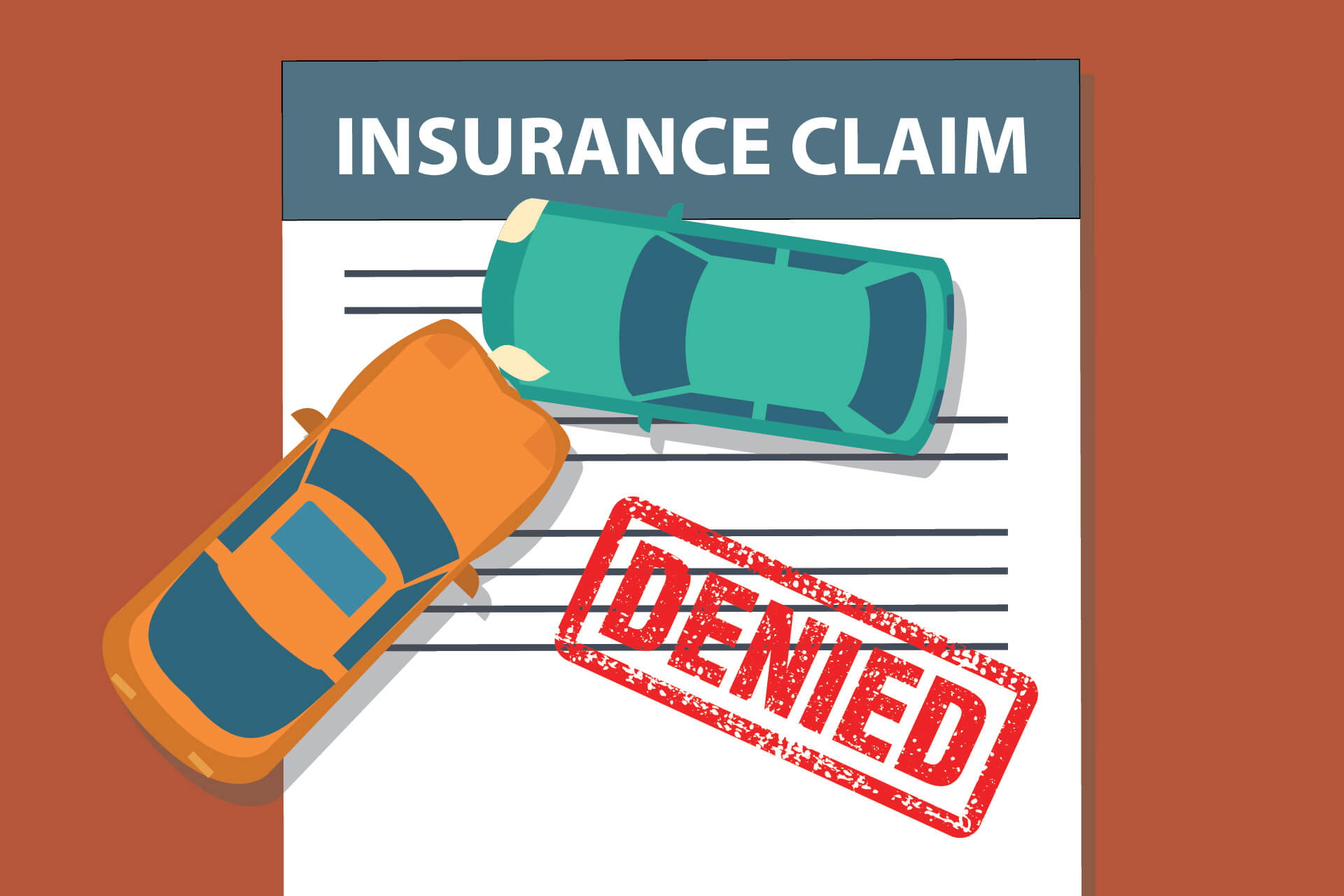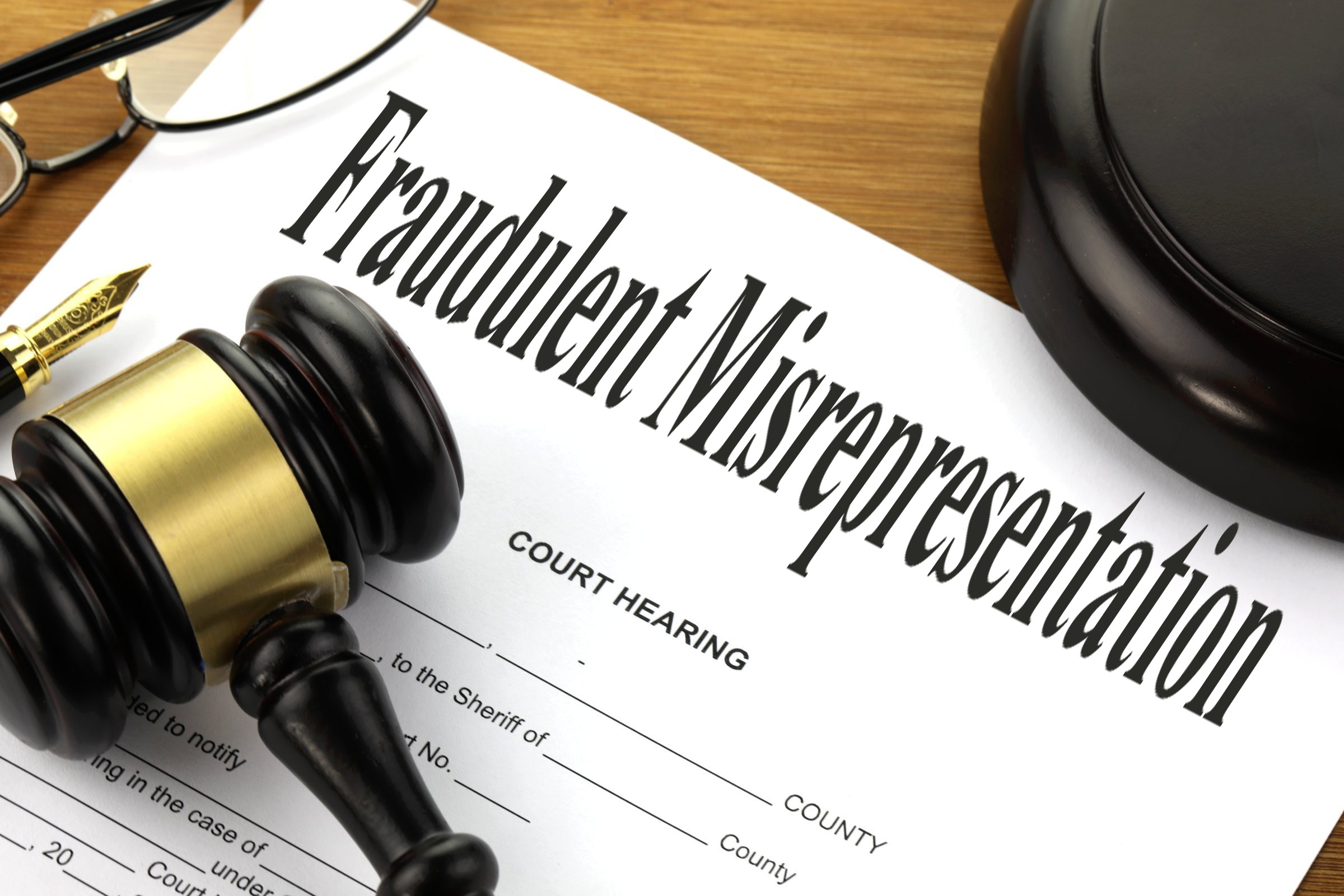
Navigating the world of car insurance claims can often feel like a straightforward process: an accident happens, you file a claim, and your insurer handles the rest. However, this ideal scenario doesn’t always play out as expected. Many drivers are surprised and frustrated to learn that their car insurance claim has been denied. These denials are, unfortunately, more common than many people realize, and they often stem from preventable reasons such as missed deadlines, specific policy exclusions, or incomplete documentation. The good news is that understanding these pitfalls is the first step toward avoiding them, empowering you to secure the coverage you deserve.
At Consumer Reports, our mission is to provide you with trustworthy, authoritative, and fact-driven information to make informed decisions. When it comes to car insurance, we delve into the core issues that directly impact your finances and peace of mind. This in-depth guide is designed to equip you with the knowledge needed to navigate the complex landscape of car insurance claims. We’ll break down the most frequent causes of claim denials, offering clear, actionable advice on how to prevent them in the first place, and what steps to take if you find yourself facing a rejection.
While a claim denial can certainly be a frustrating and potentially expensive experience, it is crucial to remember that it is not necessarily the final decision. Policyholders possess established rights and clear pathways to challenge an insurance company’s determination. By understanding the common reasons for denial and knowing your options, you can significantly reduce your risk of rejection and, if necessary, effectively contest a denial to pursue the coverage you are owed. Let’s delve into the initial set of reasons why claims often get denied, providing you with practical insights to protect your interests.
1. **Policy Exclusions**One of the most frequent reasons for a car insurance claim denial stems from what are known as policy exclusions. These are specific situations or circumstances that your insurance policy explicitly states are not covered. It’s a fundamental aspect of any insurance contract: the agreement outlines what is covered, and by extension, what is not. Failing to understand these exclusions can lead to significant financial surprises when you need your coverage the most. The language detailing these exclusions is typically found within your policy document, making a thorough review of this often-overlooked document incredibly important.
For example, if you decide to use your personal vehicle for rideshare services, like Uber or Lyft, without obtaining the correct commercial endorsement or specific rideshare coverage on your policy, any damages incurred while engaged in such activity can result in an immediate denial. Standard auto policies are simply not designed to cover the heightened risks associated with commercial use. Similarly, your comprehensive coverage typically protects against damages from natural disasters like floods or hail, but if you only have basic liability, these events would be excluded. The type of coverage you select dictates the scope of protection, and knowing these boundaries is paramount.
Beyond rideshare or natural disaster scenarios, other common exclusions include damages resulting from mechanical breakdowns – as insurance is designed for sudden, unforeseen events, not regular wear and tear or maintenance issues. Intentional damage, where a policyholder deliberately causes harm to their vehicle, is also universally excluded, as insurance contracts are based on the principle of accidental loss. The same applies to any commercial use of a vehicle without appropriate coverage, which extends beyond just ridesharing to deliveries or other business operations. Each exclusion represents a specific risk the insurer has chosen not to undertake under the terms of your standard policy.
To proactively avoid a denial due to policy exclusions, the most practical and actionable advice is straightforward: know your policy inside and out. Understand what your policy doesn’t cover before a situation arises where you might need it. This means taking the time to read your insurance contract, asking your agent about any ambiguous clauses, and ensuring your coverage accurately reflects how you use your vehicle. A proactive approach to policy management is the best way to avoid nasty surprises when you file a claim, ensuring you have the right endorsements for any specialized use.
This careful review and understanding of your policy’s limitations are crucial for empowering you as a consumer. It allows you to make informed decisions about whether you need additional riders or specialized policies to cover activities that might otherwise be excluded. Don’t assume; clarify. Your insurer must provide a reason for denying a claim, and policy-related issues, particularly exclusions, are a frequent and often legally defensible cause for such a determination. Being aware of these specific situations that aren’t covered ensures you are prepared, not surprised.
Read more about: The Unseen Stages: How History Shaped the Actor, From Forbidden Roles to Modern Breakthroughs

2. **Lapsed Coverage**Another critically important reason for car insurance claim denials is lapsed coverage. This occurs when your insurance policy is not active at the time of an incident. It’s a fundamental requirement for any claim payout: your policy must be in force when the accident or damage occurs. Even a short lapse in premium payment, perhaps due to an oversight or a temporary financial difficulty, can void your coverage entirely. When this happens, regardless of who was at fault for the accident, the insurer simply won’t be obligated to pay out any damages or cover any liabilities.
The implications of lapsed coverage are severe. If your policy has lapsed, you are effectively uninsured. This not only means your claim will be denied, but you could also face significant legal and financial consequences, including fines, license suspension, and being personally liable for all resulting damages and injuries to other parties. The contract between you and your insurer is contingent upon consistent premium payments. When these payments stop, the contract is broken, and with it, your protection vanishes. It’s a clear-cut case where the absence of an active policy during the accident automatically negates any possibility of coverage.
To keep your policy active and avoid the devastating impact of lapsed coverage, the advice is simple yet essential: pay premiums on time. Regularly review your payment schedule and ensure that auto-payments are set up correctly or that you have reminders for manual payments. It’s also wise to check your policy’s status periodically, perhaps through your insurer’s online portal or by calling your agent, especially if you’ve recently changed banks or payment methods. This proactive monitoring ensures there are no accidental gaps in your protection, providing continuous coverage and peace of mind.
Understanding the importance of an active policy goes beyond just avoiding denials; it’s about maintaining legal compliance and financial security. The insurer’s obligations are tied directly to your adherence to the policy’s terms, with timely premium payment being paramount. Without an active policy, the entire framework of insurance—which is designed to transfer risk from you to the insurer—collapses. Therefore, safeguarding against lapsed coverage is one of the most fundamental steps in responsible car ownership and insurance management, preventing a preventable cause of denial.
Read more about: Post-Warranty Peril: 5 Vehicles That Fail Right After Coverage, And 5 That Go The Distance

3. **Misrepresentation or Inaccurate Information**Providing false or incomplete information, whether during the initial policy setup or when filing a claim, is a serious issue that can lead to immediate denial of your car insurance claim. This is known as misrepresentation, and insurers take it very seriously because their entire business model relies on accurate risk assessment. When you apply for insurance, the information you provide — such as your driving history, the primary drivers of the vehicle, where the car is garaged, and its primary use — directly influences your premium and the terms of your coverage. Any inaccuracies can be seen as an attempt to fraudulently obtain a lower premium or broader coverage than you are entitled to.
Common mistakes that fall under this category often seem innocuous but can have profound consequences. For instance, failing to list all drivers in your household who regularly operate the insured vehicle is a frequent oversight. If a spouse, teenager, or roommate drives the car regularly but isn’t on the policy, a claim involving them could be denied. Similarly, misreporting how the vehicle is used, such as claiming it’s for personal use when it’s actually for business, or understating your annual mileage to reduce premiums, are all forms of inaccurate information that can be grounds for rejection. Insurers rely on this data to calculate risk and appropriate rates, and any discrepancy can invalidate your policy from their perspective.
The consequences of misrepresentation can extend beyond just a claim denial. In some cases, insurers may even retroactively cancel your policy, treating it as if it never existed, especially if the misrepresentation was material to the coverage decision. This leaves you completely exposed to financial liability for any incident. The integrity of the information provided is the bedrock of the insurance contract, and any breach of this trust can severely undermine your ability to receive a payout. Therefore, honesty and accuracy are not just ethical considerations but critical components of ensuring your coverage remains valid.
To safeguard against misrepresentation, the actionable advice is clear: be honest and meticulous. Disclose accurate information about all drivers in your household, truthfully report how your vehicle is used (e.g., commute, pleasure, business), and provide a realistic estimate of your annual mileage. If circumstances change—you get married, a teenager starts driving, or you begin using your car for work—it is imperative to update your insurer promptly. Maintaining transparency and keeping your policy information current ensures that your coverage is robust and valid when you most need it, preventing a denial based on factual inaccuracies.
Read more about: Fact Check: 14 Biopics So Inaccurate Their Real-Life Subjects Would Be Absolutely Fuming!
4. **Late Claim Filing**Most insurance policies include specific clauses that dictate the timeframe within which an accident must be reported to the insurer. This requirement for timely reporting is not arbitrary; it’s a critical component of the claims process, designed to allow the insurance company to conduct its own investigation while evidence is fresh, witness memories are clear, and the scene can be examined. If you wait too long to report an accident – even just a few days beyond the stipulated period in some cases – your insurer may reject the claim outright. This is a common and entirely preventable reason for denial, often stemming from an understandable but ultimately costly delay.
The rationale behind these strict deadlines is rooted in the practicalities of claims assessment. A prompt report allows the insurer to send adjusters to the scene, collect detailed evidence, interview witnesses, and verify the circumstances of the incident before key details become obscured or lost. A significant delay can hinder this investigative process, making it difficult for the insurer to ascertain the facts of the incident or to defend against potential fraudulent claims. For example, the condition of the vehicle, skid marks on the road, or the statements of eyewitnesses can all become less reliable or disappear with the passage of time, weakening your claim and giving the insurer grounds for denial.
Therefore, a fundamental piece of practical advice to avoid a denial due to late claim filing is to report accidents immediately. As soon as safely possible after an incident, notify your insurance company. Beyond simply reporting, you should also take steps to provide thorough documentation at the earliest opportunity. This includes taking photos of the scene, the vehicles involved, and any damages; obtaining police reports if applicable; collecting witness statements and contact information; and promptly seeking medical evaluations for any injuries. The more comprehensive and timely your initial documentation, the stronger your position will be.
Even if you are unsure about filing a claim, it’s generally advisable to at least report the incident to your insurer within their required timeframe. You don’t necessarily have to pursue the claim immediately, but informing them preserves your right to do so later. This proactive approach ensures that a technicality, like missing a reporting deadline, doesn’t undermine a valid claim. A proactive approach to policy management, including understanding and adhering to reporting deadlines, is the best way to avoid nasty surprises when you file a claim, ensuring that a preventable administrative oversight doesn’t lead to a financial burden.
Read more about: Marelli Holdings Co.: Auto Parts Giant Files for Chapter 11 Amid Billions in Debt and Industry Upheaval

5. **Driving Under the Influence or Illegal Activity**One of the most severe grounds for a car insurance claim denial involves incidents where the driver was operating the vehicle under the influence of alcohol or drugs, or engaged in illegal activity. Policies explicitly state coverage is voided if the policyholder or authorized driver is impaired or breaking the law at the time of an accident. This reflects that insurance does not protect against self-inflicted or unlawful risks.
The ramifications extend beyond not receiving a payout. If your claim is denied due to DUI or illegal activity, you will likely be personally liable for all resulting damages and injuries to other parties. This includes property damage, medical expenses, and potential pain and suffering, which can be astronomical. Furthermore, severe legal penalties, including fines, license suspension, and criminal charges, make this a devastating reason for denial.
The clear advice: never drive under the influence of alcohol or drugs, and always abide by traffic laws. This safeguards lives and avoids severe legal and financial repercussions. Insurance mitigates unforeseen risks, not irresponsible or criminal behavior. Responsible driving is the ultimate preventative measure.
Read more about: Unpacking the Unsettling Rise in Car Thefts: A Consumer Reports Guide to Understanding and Protecting Your Vehicle

6. **Non-Listed Drivers**A frequent cause for claim denial is when the vehicle was driven by someone not explicitly listed on your policy. Insurers base premiums and coverage on known drivers’ assessed risk. An unlisted driver introduces an unknown risk factor, often leading to claim rejection.
Many policies have strict clauses on who can operate the vehicle. While some offer limited “permissive use,” it’s risky for regular use by unlisted individuals. If a family member or friend regularly drives your car but isn’t on your policy, an accident involving them can result in the insurer refusing coverage, arguing you withheld material information.
To prevent this denial, accurately disclose all individuals who regularly operate your vehicle. If a new driver joins your household or you frequently lend your car, inform your insurer and add them. While premiums might increase, it ensures valid coverage. Transparency about all regular drivers maintains robust protection.
7. **Lack of Evidence**Your car insurer relies heavily on concrete evidence to process and validate a claim. If you cannot provide sufficient documentation for the incident’s circumstances, damages, or medical treatment, the insurer may deny your claim due to insufficient proof. This frustrates policyholders who know what happened, but without verifiable evidence, the insurer lacks a basis for payout.
Documentation is required to reconstruct the event, determine fault, and assess financial impact. This includes visual evidence (photos of the scene, vehicles, damages) and written documentation (police reports, witness statements, medical records, repair estimates). Without a robust collection, an adjuster might find it impossible to confirm facts, leading to denial.
Actionable advice: meticulously collect evidence immediately after any incident. Take numerous photos, capture license plates, road conditions, and signs. Obtain contact information from all parties and witnesses. Always call the police for a report, even for minor damage, as it provides an official account. Promptly seek medical attention for injuries and keep all related bills. Comprehensive, timely documentation strengthens your claim and reduces denial likelihood.
**How to Avoid a Claim Denial in the First Place**
Proactive policy management is your strongest defense against claim denial. It’s crucial to understand your policy’s intricacies and adjust it as your life changes, rather than simply paying premiums.
Always keep your policy active by paying premiums on time. Review coverage details and ask about exclusions. Be honest about drivers, vehicle usage, and mileage to avoid misrepresentation. Report accidents immediately, providing thorough documentation—photos, police reports, and medical evaluations—at the earliest opportunity.
**What to Do If Your Claim Gets Denied**
A claim denial can feel like a dead end, but it’s not necessarily the final decision. Policyholders have rights and pathways to challenge an insurer’s determination. Understanding these options significantly improves your chances of overturning a denial.
Read more about: Is It True? The Wild Rumor About Beyoncé and a Stolen Master Recording: An Unpacking of the Atlanta Theft






